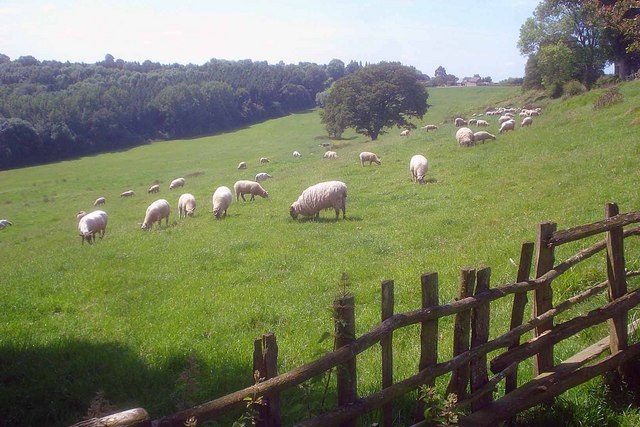
Hill farmers may struggle to control tick-borne diseases in their flocks this season after it emerged that supplies of vital vaccine have been disrupted.
Louping-ill is a paralytic disease of sheep caused by a virus transmitted by ticks found in hill pastures. It occurs most commonly in western Scotland. Vaccine to control the disease was first developed at the Moredun Institute near Edinburgh in the 1930’s.
The National Farmers' Union has been in discussions with the current manufacturer of the vaccine, MSD Animal Health and Moredun to identify if and when supply problems can be rectified.
NFU Scotland President, and qualified vet, Nigel Miller said: "For hill flocks susceptible to Louping-ill, vaccination has been the long established route to preventing this distressing disease from striking down animals during the summer and autumn.
"It is a very Scottish disease and the limited range of this tick borne virus means that the total vaccine production is mainly focused at the Scottish flock. Because low volumes of the vaccine are needed each year, any disruption to supply tends to have an immediate impact on availability to those sheep farmers who rely on it.
"Unfortunately, this is not the first time we have seen vaccine supplies disrupted. NFUS has been in contact with the manufacturers and is urging them to do all that they can to get the vaccine back on line as soon as possible. However, it looks like November will be the earliest that new supplies can be expected. NFUS is also in contact with Moredun and Scottish Government to explore options that might support future vaccine production.
"A shortfall in vaccine is clearly a blow to those sheep producers that rely heavily on vaccination to control the disease. With no new supplies of vaccine to control this tick borne disease likely this season, the focus must be on tick control or holding susceptible sheep off hill ground during the tick season. Clearly these options are difficult to deliver on many hill farms.
"Both sheep dips and pour-on products to control ectoparasites like ticks have a role in risk management, but would require sheep to be treated before turning them out onto hill ground known to harbour tick infestations. Unfortunately, this approach to control may also require repeat treatment and advice should be sought from the farm vet in designing a programme that best suits a hill farm’s circumstances.
"Now would be an ideal time to speak to the vets about control in the absence of vaccination. Due to the late spring, tick activity is likely to have been held in stasis but as temperatures rise an explosion of tick activity can be expected. Daytime temperatures of 10 degrees or above are likely to initiate high tick activity."
